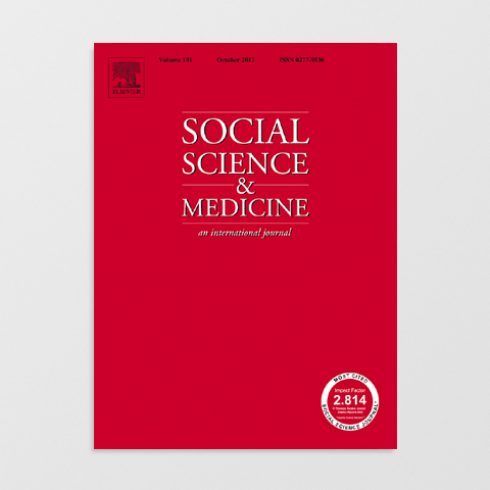As a clinician, you are not managing lab results, you are managing the patient
How the enactment of malaria at health facilities in Cameroon compares with new WHO guidelines for the use of malaria tests
Chandler et al.
Social Science & Medicine 2012

Abstract
In response to widespread overuse of antimalarial drugs, the World Health Organisation changed guidelines in 2010 to restrict the use of antimalarials to parasitologically confirmed malaria cases. Malaria rapid diagnostic tests (RDTs) have been presented as a means to realize the new guidelines, and National Malaria Control Programmes, including that of Cameroon, are developing plans to introduce the tests to replace microscopy or clinical diagnosis at public health facilities across the country. We aimed to understand how malaria tests and antimalarial drugs are currently used as part of social interactions between health workers and patients at public and mission health facilities in Yaoundé and Bamenda and surrounding districts in the Northwest region of Cameroon. In May to June 2010, we held 17 focus group discussions with 146 health workers involved in clinical care from 49 health facilities. Clinicians enacted malaria as a ‘juggling’ exercise, involving attention to pathophysiology of the patient as well as their desires and medical reputations, utilising tests and medicines for their therapeutic effects as symbols in the process of care. Parasites were rarely mentioned in describing diagnostic decisions. These enactments of malaria contrast with evidence-based guidelines emanating from WHO, which assume the parasite is the central driver of practice. If RDTs are to be taken up in practice, public health practitioners need to pay careful attention to the values and priorities of health workers and patients if they are to work with them to improve diagnosis and treatment of febrile illnesses.
 Share
Share






Commentary
The latest commentary on the use of antimicrobials in society.
Welcome to the AMIS Hub!
The story of ‘How do we get patients to stop demanding antibiotics?' to where we are now.
Submissions to the AMIS Hub
Are you a social scientist who is working in antimicrobial resistance (AMR)?
Markets and Pharmaceuticals: Hardship, Antibiotics, and Markets for...
Northern Thailand (Chiang Rai), 19 March 2018, 7am: The steep mountain road winds through rice fields, small streams, and coffee...